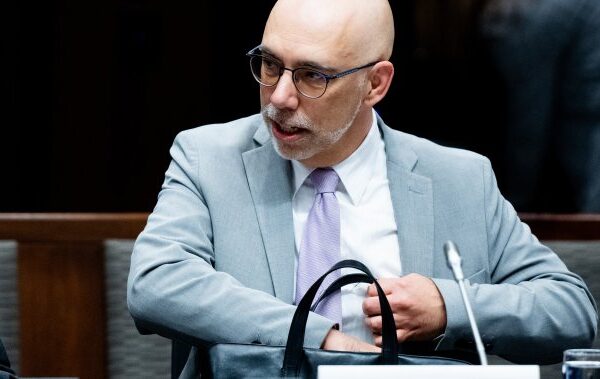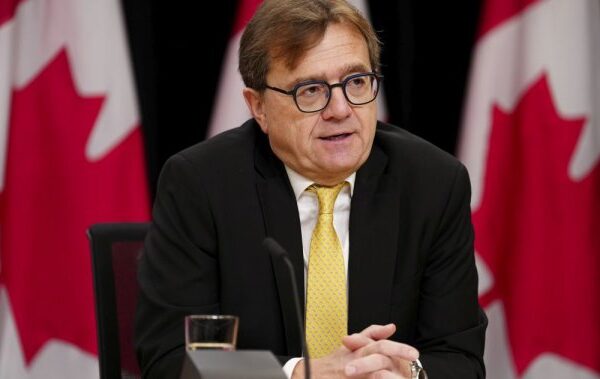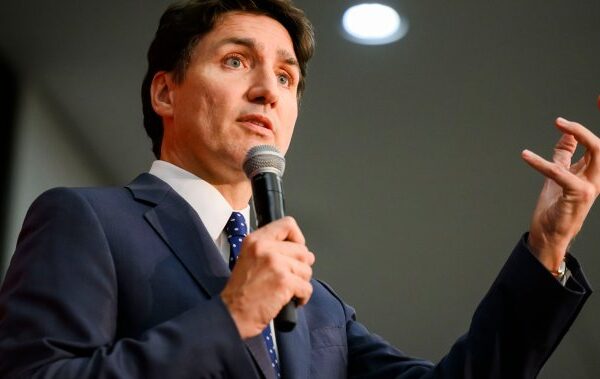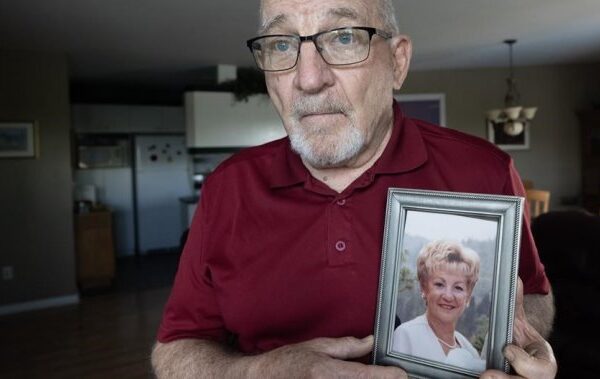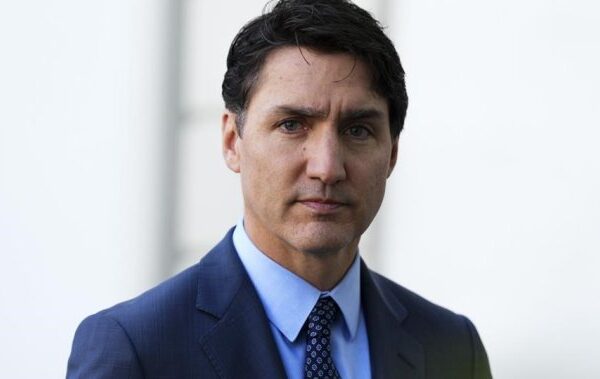In the space of a few years, Jean-Luc Duval lost two of the most important people in his life to lung cancer. His wife Monique was diagnosed on her birthday and died on July 3, 2005, her 40th wedding anniversary. Months of debilitating chemotherapy treatments failed to stop the disease, which had slowly spread and taken root in her digestive system. Duval then reconnected with a former co-worker and, as they grew closer, they decided to live together as companions in his house in Repentigny, a suburb of Montreal. One night, she started coughing violently and he took her to the emergency room. Doctors discovered she had cancer in both lungs and she died five months later. Both women smoked, although they had quit years ago. Duval, too, had smoked for decades, but he had managed to quit years before his wife. The story continues below the advertisement Duval engaged in a lengthy legal battle against three major tobacco companies, and in a landmark 2019 ruling, Quebec’s top court confirmed that he and about 100,000 other Quebecers were entitled to billions of dollars in compensation for the harm they or their loved ones suffered. But five years later, none of them have received even a fraction of that money – and recent court documents suggest hundreds of people have died in the meantime. Jean-Luc Duval holds a photo of his late wife, Monique, in his home on Friday, June 14, 2024, in Repentigny, Que. THE CANADIAN PRESS/Ryan Remiorz “Not only have we not received a cent, but absolutely nothing has changed,” Duval, 80, wrote in a recent open letter to the Quebec government. “Cigarettes from these same manufacturers are sold everywhere in the province and in every corner of the country.” “I’m not interested in money, but I want justice,” he added. “I want this industry to stop existing.” The story continues below the advertisement Several health advocacy groups have also sounded the alarm about the lack of progress and transparency in the case, warning that Canada could miss what they call a historic opportunity to reduce tobacco use and regulate the industry. “We’re never going to have a better opportunity than we have right now, and, you know, tobacco companies can’t just go on business as usual after a deal,” he said. Rob Cunningham, lawyer for the Canadian Cancer Society. The organization has been designated as a social stakeholder in the case, meaning it can make submissions to the court. The lawsuits involved smokers who started smoking between 1950 and 1998 and became ill or addicted, or involved their heirs, as in Duval’s case. A Quebec Superior Court judge first ordered the payment in 2015 after finding that the three companies – Imperial Tobacco, JTI-Macdonald and Rothmans-Benson & Hedges – had chosen profits over the health of their customers. The latest health and medical news I send it to you by email every Sunday. The provincial Court of Appeal later upheld the landmark decision, prompting the companies to seek protection from their creditors in Ontario. That protection also stayed legal proceedings against them, which include lawsuits by provincial governments seeking to recover smoking-related health care costs. The initial suspension of the proceedings lasted a few months, but it has since been renewed a dozen times – most recently in March, when it was extended until September. The story continues below the advertisement The purpose of the stay is to maintain the status quo while the companies negotiate a global settlement with all those who have claims against them, including class members and the provinces. The discussions are confidential and participants have largely declined to comment on the proceedings. 1:37 Canada becomes first country to have individual warning labels on cigarettes However, in court filings last September, one of the class members’ lawyers said a settlement was “not currently in sight,” citing “recent setbacks” and suggesting the mediation had been “seriously compromised” by participants changing their previous positions. In his affidavit, Philippe Trudel indicated that approximately 700 members of the class action have died from tobacco-related illnesses since the first stay was granted and that “many others are increasingly fragile.” Some “could not wait any longer” and opted for medically assisted suicide, he added. The story continues below the advertisement Many have simply lost faith in the process, he said in the document. “They fear that because of the seemingly endless delays, few, if any, victims will be left alive to receive the compensation to which tobacco companies are entitled,” he added. It’s not just the delays that are problematic, but the entire process of protecting creditors and the secrecy it entails, said Flory Doucas, spokesperson and co-director of the Quebec Coalition for Tobacco Control. By its nature, the process is focused on the viability of the industry, putting aside public health and justice aspects, she said. It essentially allows businesses to continue operating as usual while they restructure — and make more people dependent in the process, she said. The coalition is among several groups calling on provinces to emphasize significant public health measures to reduce tobacco use as part of a settlement, warning that focusing on financial compensation would only cause more harm in the long run. “That means you’re relying on future sales (to fund the payments),” she said. “That means governments have an interest in keeping these companies in business … and their business model is based on addiction and harmful products.” Until recently, no provincial government had publicly indicated what it was seeking or expected to receive in a settlement. Most stakeholders contacted by The Canadian Press in recent weeks declined to comment, citing the confidential nature of the negotiations. Fashionable now Elon Musk Announces Birth of 12th Child, Third with Neuralink Executive Hurricane Beryl strengthens to Category 5 after killing 2 in Caribbean The story continues below the advertisement A spokesperson for Quebec’s health ministry said only that the province wants compensation for expenses incurred since its health insurance program was put in…
